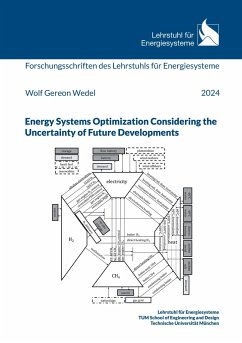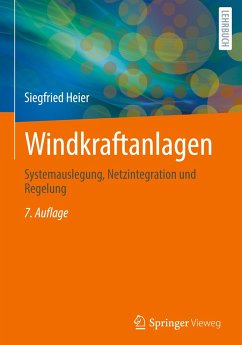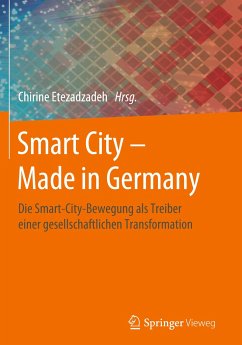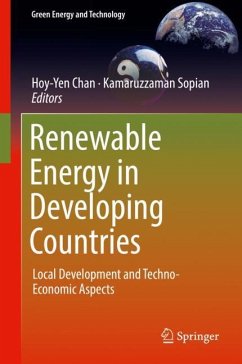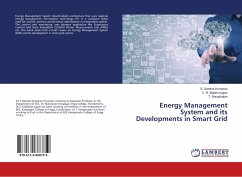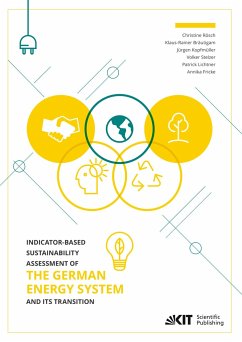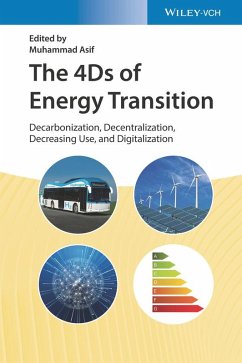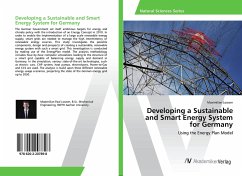
Developing a Sustainable and Smart Energy System for Germany
Using the Energy Plan Model
Versandkostenfrei!
Versandfertig in 6-10 Tagen
33,99 €
inkl. MwSt.

PAYBACK Punkte
17 °P sammeln!
The German Government set itself ambitious targets for energy and climate policy with the introduction of an Energy Concept in 2010. In order to enable the implementation of a large scale renewable energy supply, smart grids are needed to manage the high intermittency of renewable energy sources. This study investigates the possible components, design and prospects of creating a sustainable, renewable energy system with such a smart grid. This investigation is conducted by making use of the EnergyPlan model. The analysis methodology includes hour-by-hour computer simulations leading to the str...
The German Government set itself ambitious targets for energy and climate policy with the introduction of an Energy Concept in 2010. In order to enable the implementation of a large scale renewable energy supply, smart grids are needed to manage the high intermittency of renewable energy sources. This study investigates the possible components, design and prospects of creating a sustainable, renewable energy system with such a smart grid. This investigation is conducted by making use of the EnergyPlan model. The analysis methodology includes hour-by-hour computer simulations leading to the structure of a smart grid capable of balancing energy supply and demand in Germany. In the simulation, various state-of-the-art technologies, such as electric cars, CHP system, heat pumps, electrolysers, Power-to-Gas and CCS are used. The analysis is build upon three different renewable energy usage scenarios, projecting the state of the German energy grid up to 2050.




